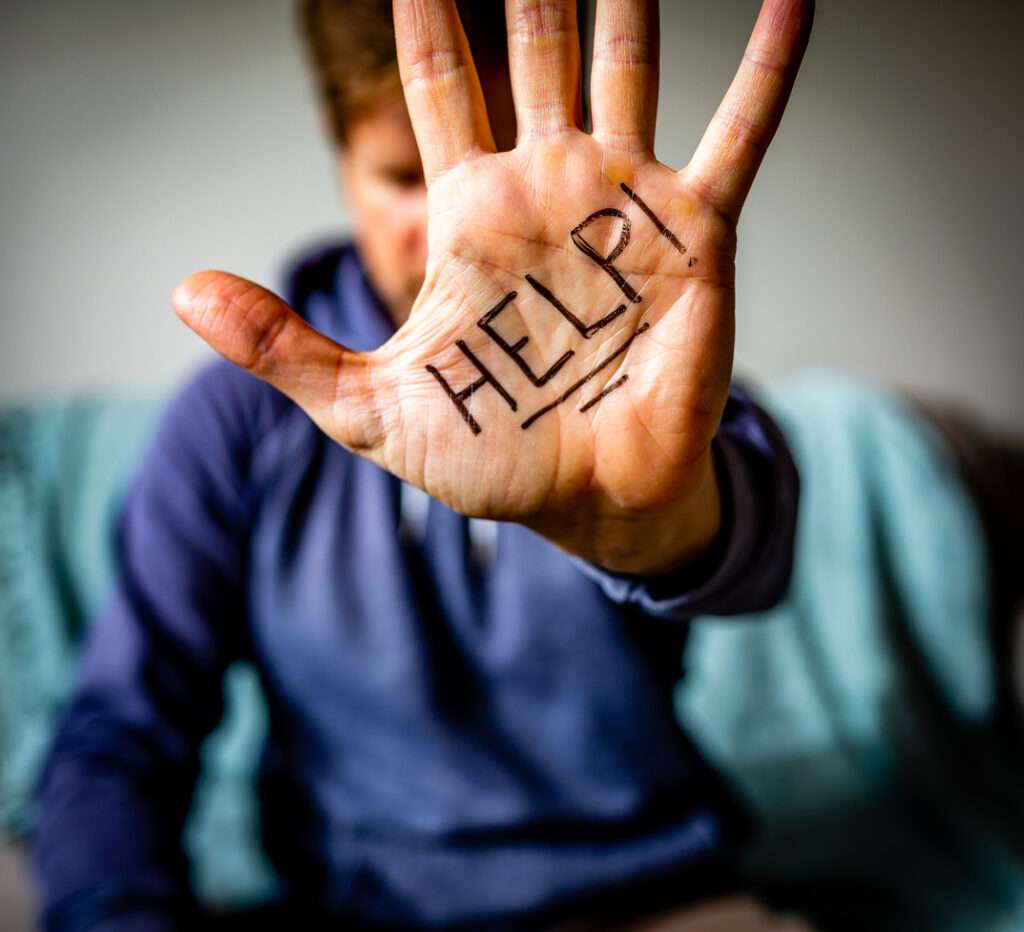September marks National Suicide Prevention Awareness Month, a critical period dedicated to shining a light on a topic that is often shrouded in silence and stigma: Suicide. With rising rates of mental health struggles and these tragic outcomes, it is more important than ever to foster and normalize open, compassionate conversations about these issues. This article aims to address the stigma and break the silence around suicide and mental health, debunk harmful myths, and promote a culture of validation and support.
The stigma surrounding suicide is pervasive and deeply rooted in cultural, social, and historical factors. For many, the idea of discussing such a topic is uncomfortable, and this discomfort often stems from misconceptions and fear. Traditionally, taking one’s life has been viewed as a moral failing or a sign of personal weakness, leading to shame and judgment. This stigma can prevent individuals from seeking the help they desperately need, exacerbating their isolation and suffering.
To effectively combat this stigma, it is essential to challenge the myths that perpetuate these harmful attitudes. We must be willing to be comfortable with being uncomfortable about these topics. This willingness can save lives!
There are at least four myths that contribute to the misunderstanding and stigma surrounding suicide. One of the most dangerous myths is, “people who talk about taking their own lives won’t do it – they are just talking.” But those who are struggling express their thoughts and feelings about self-harm, either directly or indirectly, as a cry for help.

Another pervasive myth is that “suicide is a sign of weakness.” Mental health conditions, like depression and anxiety, are complex and multifaceted, and they are not indicators of a person’s strength or character. There is the misconception that talking about self-harm will encourage it. On the contrary, open conversations about these struggles are critical for prevention; they provide an opportunity for individuals to share their struggles and receive the support they need.
Beyond debunking myths, it is crucial to address the harmful attitudes that dismiss the seriousness of mental health struggles, particularly the “just get over it” mentality.
The phrase “just get over it” is often used to dismiss the experiences of those grappling with mental health challenges. This mentality is not only dismissive but profoundly damaging. It trivializes the genuine pain that individuals experience, implying that mental health struggles are a choice or a temporary mood that can be easily overcome. However, mental health conditions are real, often chronic issues that require appropriate treatment and support. When we tell someone to “just get over it,” we are failing to acknowledge their pain and potentially discouraging them from seeking the help they need.
Understanding the seriousness of mental health struggles and dispelling harmful myths are key steps in addressing the rising rates of suicide.
In recent years, the rates of suicide have been increasing, driven by various factors. Economic stress, social isolation and decline, and the pressures of modern life, including the influence of social media, contribute significantly to this rise. The COVID-19 pandemic has amplified feelings of loneliness, uncertainty, and despair for many individuals. Understanding these contributing factors is essential in creating effective prevention strategies and offering the right support to those who are struggling.
One of the most powerful tools we have in preventing these tragedies is fostering open conversations about mental health.
Normalizing conversations about mental health and the thoughts that can lead to self-harm can have a profound impact. When people feel safe to discuss their feelings without fear of judgment, it reduces the stigma and isolation that often accompanies mental health struggles. Open dialogue allows individuals to share their experiences and connect with others, fostering a sense of community and support. By encouraging these conversations, we can create a culture of empathy and understanding, which is essential for preventing these tragic outcomes.
While open conversations are vital, knowing how to support someone who is struggling is equally important.
Supporting someone who may be experiencing thoughts of suicide requires empathy, patience, and knowledge.
How can you help?

Start by creating a safe, non-judgmental space where they can express their feelings. Listen actively and avoid making dismissive comments like “just get over it.” Instead, validate their emotions and encourage them to seek professional help.
Offering resources such as hotlines, counseling services, or support groups can also be incredibly helpful. It’s important to follow up and maintain your support over time, showing them that they are not alone.
Knowing where to find help is crucial for both those struggling and those supporting them. There are many resources available for those who are struggling with thoughts of self-harm or mental health challenges:
- National Suicide Prevention Lifeline: 1-800-273-TALK (8255)
- Crisis Text Line: Text HELLO to 741741
- Local mental health services: Community resources and support groups can provide additional help.
- Online forums and support groups: Platforms like Reddit and dedicated mental health websites offer spaces for anonymous support and connection.
Every life matters.
Addressing the stigma around suicide and promoting open conversations is vital in creating a supportive and understanding environment. By debunking myths, challenging harmful attitudes, and encouraging validation of feelings, we can help prevent these tragedies and offer the support that those in need deserve. Your life matters, and so do your feelings. Together, we can make a difference.
Take action by sharing this message, starting conversations, and educating yourself and others about preventing suicide and supporting mental health. By working together, we can create a world where everyone feels valued and supported.
Affirmations for Those Struggling

Finally, here are 10 affirmations for anyone who may be struggling. Repeat as often as possible:
- My feelings are valid, and my life matters.
- It’s okay to ask for help; I don’t have to go through this alone.
- I am stronger than I think, and there is hope for a better tomorrow.
- It’s okay to take things one day at a time. Progress is progress, no matter how small.
- I am worthy of love and care, and I deserve to be here.
- My struggles do not define me; I am resilient and capable of healing.
- I am not alone; there are people who care about me and want to support me.
- I trust in my ability to overcome challenges, even when they feel overwhelming.
- I will be kind to myself today, knowing that every small step forward counts.
- I am strong enough to reach out for help, and I accept that it’s okay to need support.
Frenetta Tate is the CEO and founder of Frenetta Tate Global LLC, a transformational life coaching and business consulting company. She can be reached on LinkedIn @frenettatate.








